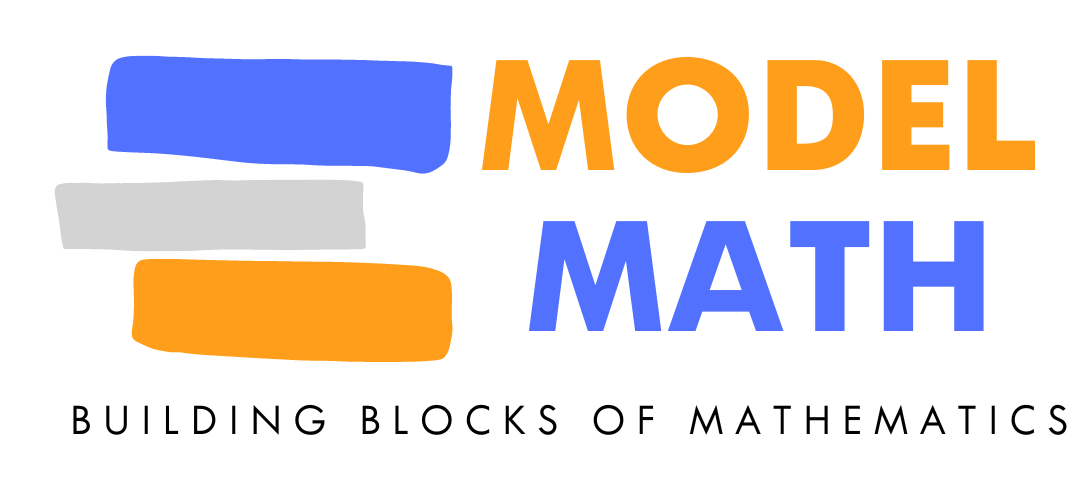
Do you have a bad attitude to maths?
This is the second instalment of our 3 part series ‘Are you bad at math ?’ In our previous article we discussed the common phrase “ I’m not a math person ” and explained how it is simply untrue. ( Click here to read more )
The biggest factor that holds us back from achieving higher scores or getting better at mathematics is a bad attitude. As cliche as this statement sounds, our attitude towards math matters a lot more than we would think. In a study conducted by Patricia Linehan from Purdue University, there are generally 2 attitudes we have towards learning; incremental orientation – believing that constant studying and practice will improve our ability, entity orientation – believing that no matter how hard we try we will not be able to get any better.
We can have different orientations toward different subjects. However, having an entity orientation toward math is rather common. This orientation, basically saying “i’m not a math person”, is a dangerous outlook to have. According to a 2010 study in Personality and Individual Differences, A person with entity orientation toward math, tends to associate any mistake they make regarding math problems, as an indication of the poor math ability the were “born with”. As mentioned in the previous article, this results in an endless cycle where we don’t believe we can improve and therefore, don’t even attempt to work on our weaknesses.
Studying Smart

Why do some people constantly excel at math and others constantly fail? Well its the same reason why some people compete in the Olympics and others don’t. Practice. Apart from having a good attitude, practice is another factor that plays a huge role in building a strong foundation and ultimately becoming proficient in mathematics. Practicing may sound obvious, but how you practise also makes a significant difference.
In the 2010 study mentioned above, the progress of 3,520 students math ability were mapped over 5 years, from 10 years old to 15 years old. In the earlier years, a higher IQ translated to better math scores. However, the natural advantage of a higher IQ only gets you so far. As the years passed, it became prominent that how the children studied made a big impact on how much they improved. Students who blindly memorised showed little improvement, while those that understood the topics they studies and made deeper connections with the different topics showed more improvement over time. Apart from studying smart, the research also proved that the attitude toward maths can drastically impact improvement. Students whose motivation to get better at mathematics was to get higher grades, saw less improvement than students whose motivation came from the fact that they enjoyed the subject.

While having a high IQ may give you a slight head-start, ultimately, it comes down to your attitude toward the subject that will determine how good you become. Apart from this, there is one last factor that could affect your growth and improvement; teachings.
In next weeks article, we will discuss how problems in teaching could be the result of someones weakness in mathematics and even stunt the growth of a child’s math abilities.
References:
www.bigthink.com
#tuition #psle #MathTuition #pslemath #MatrixMath #PSLEMath #youngmathspecialist #Mathspecialist #mathtuition




